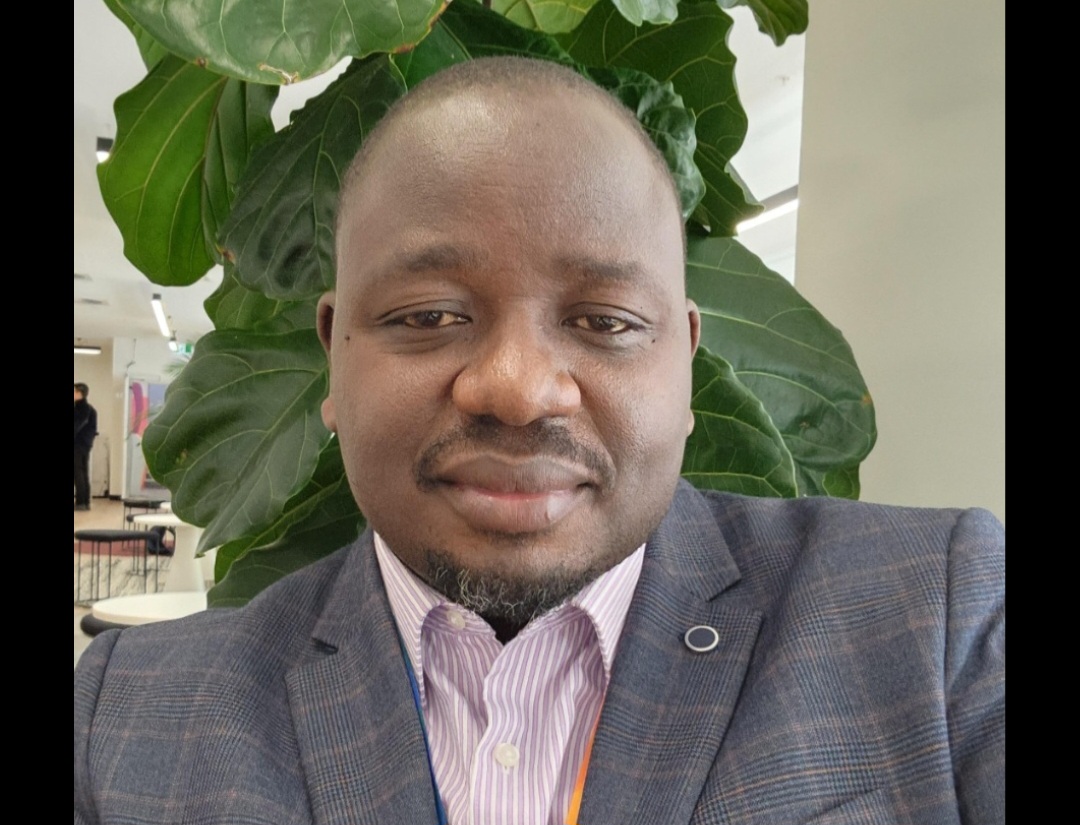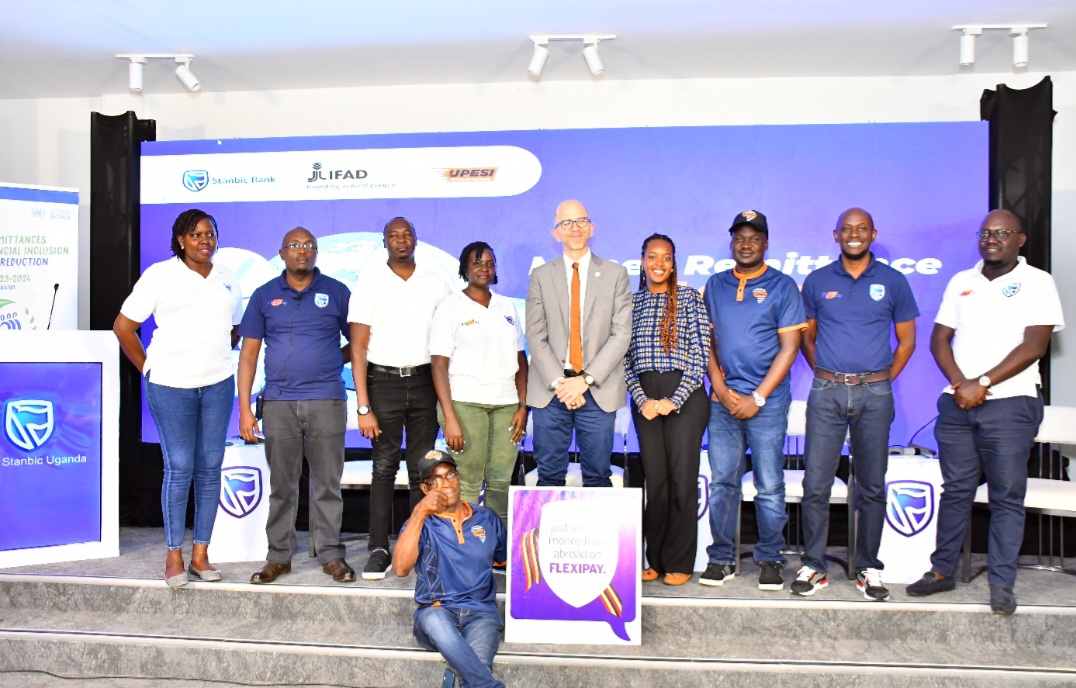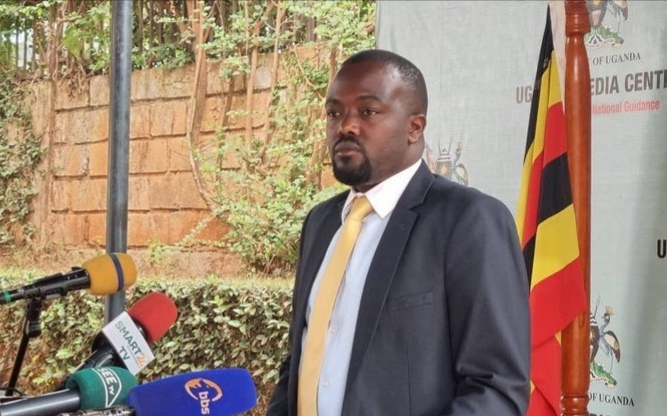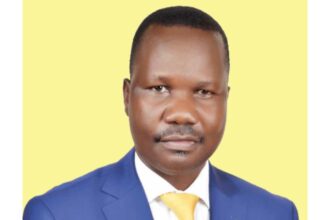In his address on 3rd of June 2024 to thousands of faithfuls that had congregated at Namugongo to pay homage to Christians massacred by Kabaka Muwanga, in late 1880s, Yoweri Museveni, the President of Uganda, asked Christians to work hard to achieve decent and prosperous lives while on earth.
Firstly, the president likened the enduring values of Christianity to the NRM’s (Uganda’s dominant political party) ideology, which is built on non-sectarianism, patriotism, Pan-Africanism, and fraternity. He criticized Kabaka Muwanga’s persecution of Christian converts, because of their faith, and he highlighted forgiveness and understanding.
Furthermore, and most importantly, Yoweri Museveni called on Christians to balance their spiritual and physical needs, encouraging them to strive for decent and prosperous lives through profitable enterprises. He emphasized that a relevant Christian ministry should encourage believers to work towards achieving decent standards of living. I urge the religious leaders to emphasise the fact that man has both spiritual and physical needs. The spiritual needs are satisfied through praying to God, studying the scriptures, listening to religious and moral instruction, fasting, praise and worship etc. This enables a believer to draw closer to God and impart good morals and discipline in relating to other people; the President underscored.
As a person who obtained a PhD in poverty reduction, and a keen follower of Yoweri Museveni poverty reduction vision (ie poverty reduction policy in the Global south), I suggest this was a huge, impassioned call from the president to all church leaders to embrace poverty reduction efforts at the chore of their ministry.
The central question therefore is: how should poverty reduction efforts be understood and performed by diverse actors such as churches or religious leaders? Or how can frontline congregational ministry such as pastoral care perform a public pastoral role that could be deemed developmental or transformative?
The Churches, other faith-based organisations (FBOs) and church leaders should play an integral role in poverty reduction efforts in line with government’s overall policy frameworks.
Myers (2017) affirms that the time between the ascension of Jesus Christ and his second coming should be characterised by encouraging and contributing to improving living conditions of millions of people across the globe. Similarly, Stackhouse (2007), contends that the historical evidence suggests that the classic Roman Catholic, Reformation, and now the newer Evangelical and Pentecostal traditions tend to generate an ethos that stimulates modernisation.
This observation by Myers (2017) is traceable to a basic attitude towards the duty to convert souls, societies, and gain stewardly dominion over the ecosphere in a fallen world. Pillay (2017) contends that the church has normally construed the transformation of society to be an important part of its mission. This is demonstrated throughout the ages, as the church has been involved in ‘the life of humankind, in making of nationhood, building of culture, structuring of society with its functions and institutions and in shaping the form and quality of socioeconomic political system’.
Accordingly, Woolnough (2014), asserts that one of the most encouraging and enduring developments within the Christian church has been the growth of the concept of holistic, or integral mission, where God’s command to his church has been to tackle all aspects of life: the material, the emotional, the environmental as well as the spiritual aspects (Magezi & Mutowa 2018).
This is in line with Yoweri Museveni’s plea for Christians to pursue a balance between spiritual and physical needs. To him physical needs must be prominently satisfied in order to achieve a happy, fulfilling and productive life. These physical needs include; food, water, shelter, medicine, hospitals, schools, clothes, transport, a job transport etc.
Magezi and Mutowa (2018), in agreement with other integral mission scholars such as Padilla (2004), appropriately envisioned that there is an agreement among Christians on the notion of integral mission. The terms such as ‘integral mission’, ‘holistic mission’ or ‘ministry’, ‘Christian development’, ‘compassionate ministry’ ‘transformation’, or ‘church-driven development’ denote the role of churches in helping people and communities with material resources, as opposed to exclusively evangelism. These terms denote a Christian ministry that is concerned with the whole person.
This is a huge clarification that the involvement of church in a society implies the restoration that God brings in this world, which brings about both spiritual and physical transformation and change in the lives of individuals and communities or call it poverty reduction and socioeconomic transformation, in Yoweri Museveni’s words.
Klaasen (2014) mentioned how development has been an integral part of the ecumenical church and specifically the World Council of Churches, which has made development as a theological discourse to be an integral part of missiology. Klaasen (2014) articulated that within the ecumenical movement, development was a natural flow from the church’s quest to play a relevant role in societies after the Second World War. This in other words can be understood to mean poverty reduction and socioeconomic transformation as the very first great commission given to human beings (Ajulu, 2010).
Dr Ajulu Deborah in her PhD Thesis specified that: The church, as the body of Christ (all believers both men and women, including children), is sent into the world through the New Testament’s great commission, which provides the mandate for it to execute its stewardship role under God’s authority and empowered by the Holy Spirit. Holism in development must be viewed as part of the church’s overall holistic mission in the world to which it is sent through this commission.
Ajulu’s statement concurs with Padilla (2016) who underlines that the followers of Jesus Christ (the church) are sent into the world as he was to embody and proclaim the good news of God’s reconciling presence and purpose for the entire creation.
Smit (2007), the understanding of the church’s role in poverty reduction and socioeconomic transformation is very crucial in the church’s engagement in development as it encourages believers’ participation in being an agent and bearer of hope in the society.
Tsele (2001) and Magezi (2019) rightly argued that the churches should effectively and actively get involved in poverty reduction efforts in line with Yoweri Museveni’s vison of socioeconomic transformation as the church and church leaders are principally involved in the lives of millions of the poor people dotted across the country.
The Church is one of the social groups that lives, understands, and identifies with the poor in Africa. Tsele (2001) mentions that in South Africa alone, other than the post office, no institution has as many branches as the church. It is found in the remotest parts of the country.
In Akadot village, Western Mukongoro, in rural Eastern Uganda, with a population of less than 5.000 people, there are over 20 churches interfacing with the poor every day/Sunday. Accordingly, when the church talks with the poor, it is talking to its own members. ‘It is the Church with the poor and of the poor’.
The church in Uganda is trusted by the poor people, and they understand its language, motives, and leadership; hence it is a well attested vehicle for poverty reduction, and socio-economic transformation endeavours.
Dr. Samuel B. Ariong (PhD) is a Facilitator of Master of Transformational Development, Eastern College, Melbourne, and Global Learning Facilitator, Torrens University Australia.
Email; sariong@eastern.edu.au.
Do you have a story in your community or an opinion to share with us: Email us at Submit an Article








